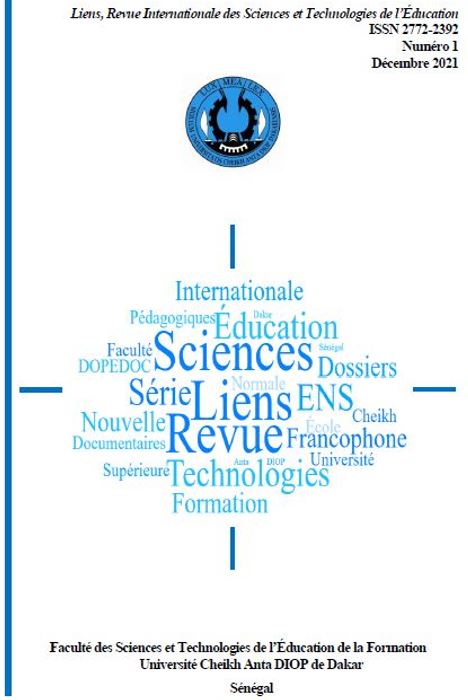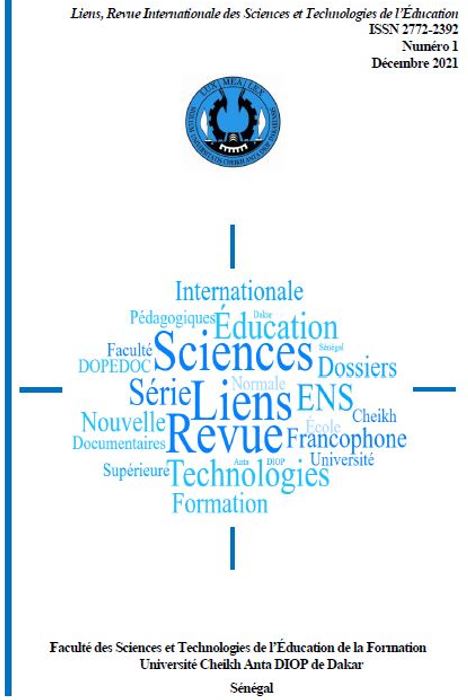DIFFICULTÉS LANGAGIÈRES DES ÉLÈVES DU POSTPRIMAIRE ET DU SECONDAIRE AU BURKINA FASO DANS L’APPRENTISSAGE DES CONCEPTS D’ANTIGÈNE ET D’ANTICORPS : QUELS ENJEUX DIDACTIQUES ET ÉPISTÉMOLOGIQUES ?
Keywords:
antigen, antibody, formulation level, problematizationAbstract
Students in the terminal class D of secondary school have difficulty with the conceptual appropriation of the antigen and antibody studied in the lower grades, particularly in 3rd grade. This research consisted in identifying the probable sources of the low level of formulation of these two concepts in these two classes. The methodological approach is mixed with a questionnaire addressed to five hundred students, some of whom were interviewed individually afterwards. Five categories of variables related to antigen and four to antibody were defined and each included errors on definitions and physiological functions, the analysis of which revealed sources of linguistic, didactic and epistemological origin. The recommended problematization teaching is likely to enable students to better understand and manipulate these two concepts.


